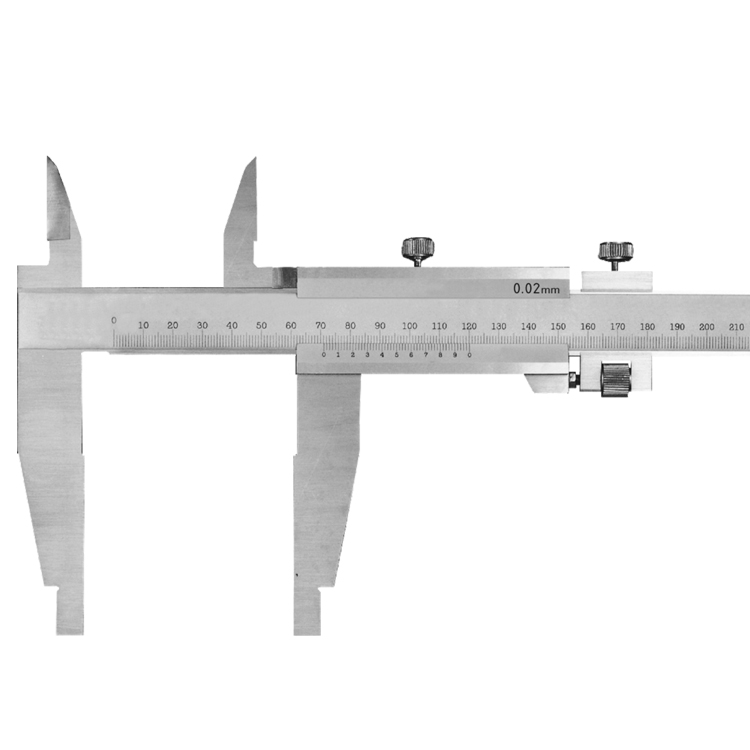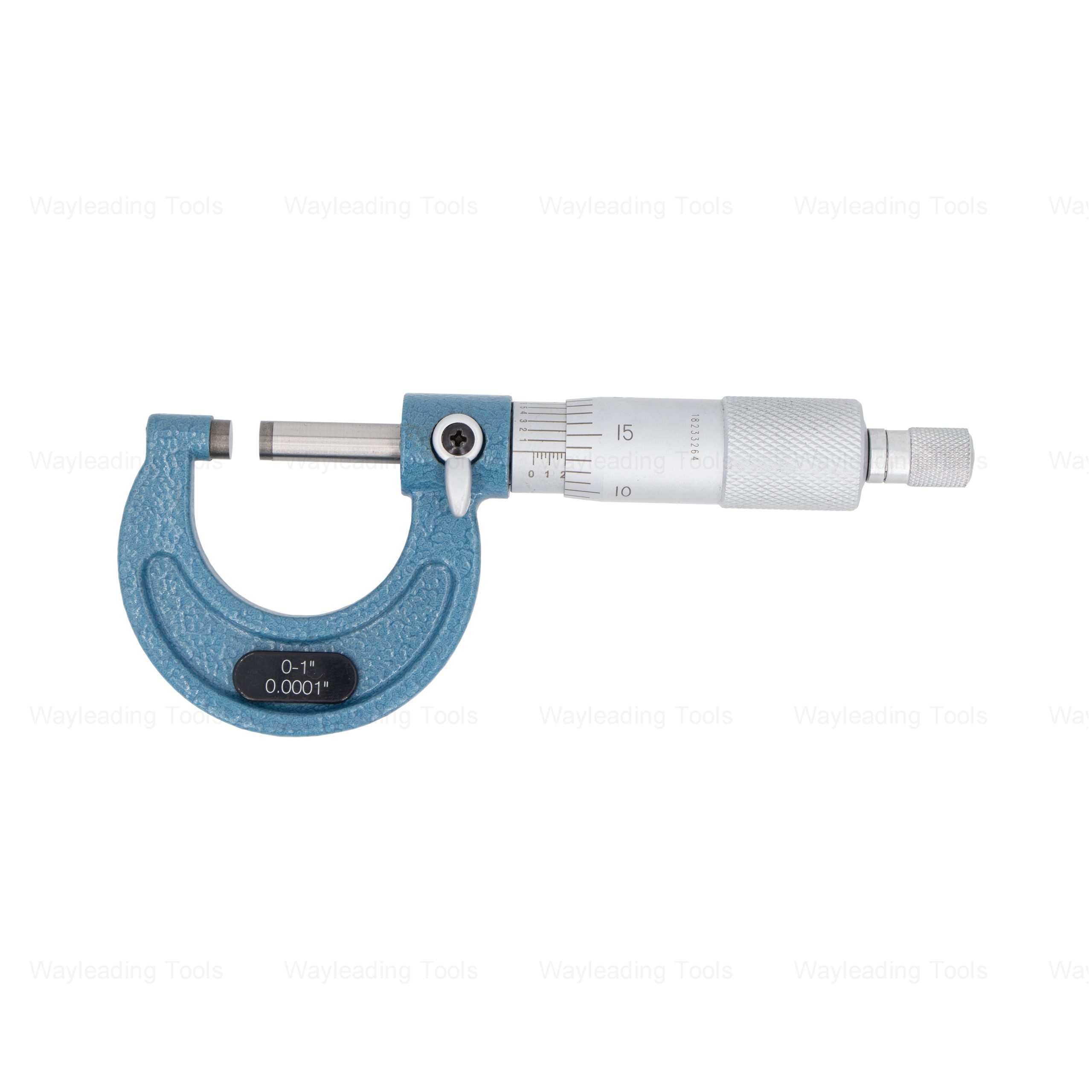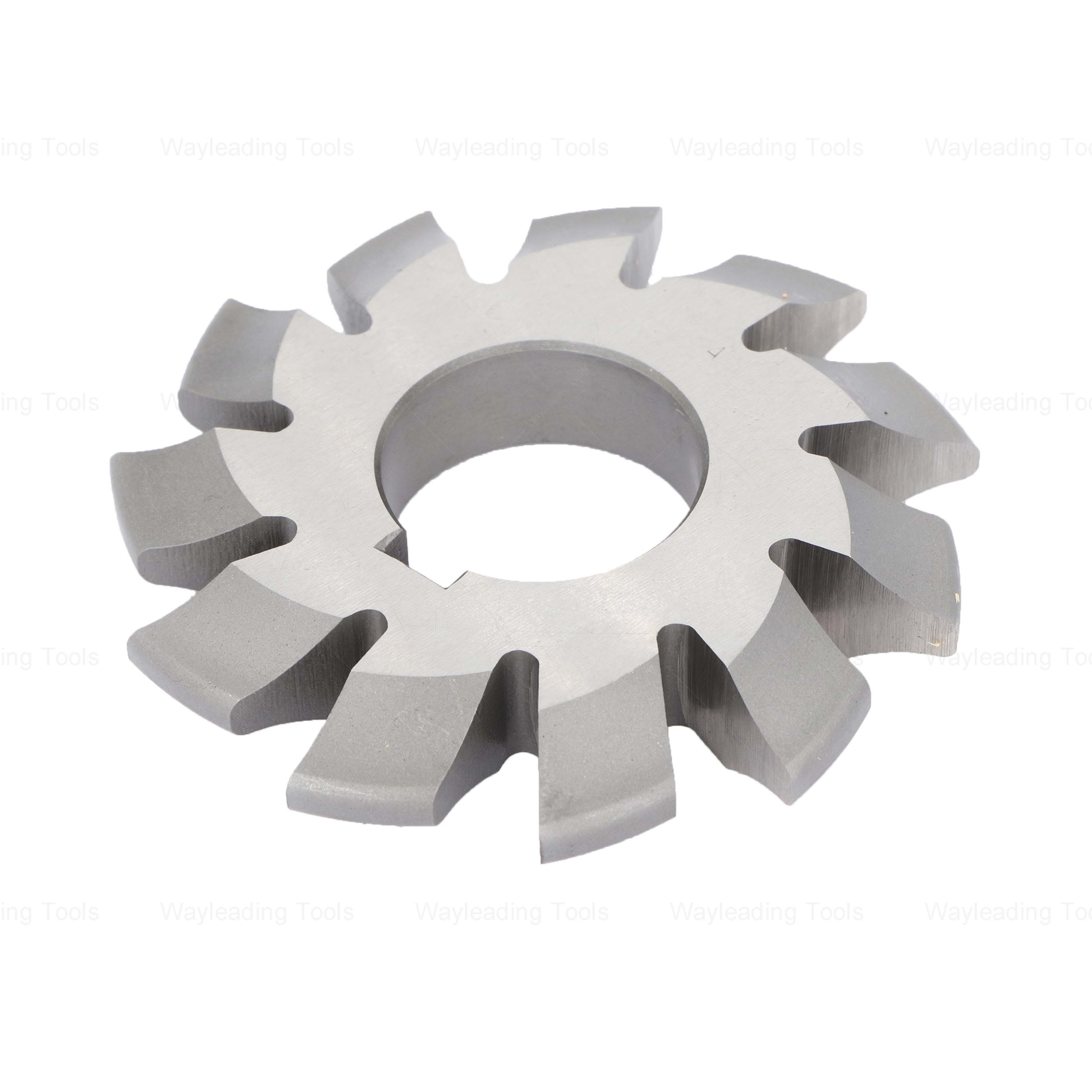Solid Carbide Drill Bit
Solid Carbide Drill Bits are essential tools for creating precise holes in hard materials. This guide explores their types, applications, advantages, and how to choose the right one for your project, ensuring optimal performance and longevity.Understanding Solid Carbide Drill BitsWhat are Solid Carbide Drill Bits?Solid Carbide Drill Bits are cutting tools made entirely from tungsten carbide, a material known for its exceptional hardness, wear resistance, and ability to withstand high temperatures. This makes them ideal for drilling into materials like hardened steel, stainless steel, cast iron, titanium alloys, and abrasive non-ferrous metals. Unlike High-Speed Steel (HSS) drills, which can deform under extreme heat, solid carbide drill bits maintain their cutting edge, leading to cleaner holes and longer tool life. At Wayleading Tools, we understand the importance of precision and durability. That's why we offer a wide range of solid carbide drill bits designed to meet the demanding needs of various industries.Key Properties of Carbide Extreme Hardness: Allows for drilling into very hard materials. High Wear Resistance: Extends tool life, reducing replacement costs. Heat Resistance: Prevents deformation at high drilling speeds. Dimensional Stability: Maintains cutting-edge sharpness for precise holes.Types of Solid Carbide Drill BitsTwist DrillsThe most common type, twist drills feature a helical flute that removes chips from the hole. They are versatile and suitable for a wide range of materials, especially when choosing the right helix angle for the material being drilled.Spotting Drills / Center DrillsUsed to create a starting point for larger drills, preventing them from wandering. They ensure accurate hole placement and improve drilling efficiency. They can also be used for chamfering, creating a small angle at the top edge of the hole.Coolant Through DrillsThese drills have internal channels that deliver coolant directly to the cutting edge. This reduces heat, lubricates the drill, and efficiently removes chips, leading to faster drilling speeds and increased tool life. Ideal for deep hole drilling.Step DrillsDesigned to drill multiple hole diameters in a single operation. They are particularly useful for creating pilot holes, countersinking, and deburring in sheet metal or plastic.Micro DrillsExtremely small drills, typically used in electronics and medical device manufacturing for creating tiny, precise holes. They require specialized equipment and handling due to their fragility.Applications of Solid Carbide Drill BitsMetalworkingSolid carbide drill bits are extensively used in metalworking for drilling holes in various metals, including steel, stainless steel, aluminum, and titanium. Their hardness and wear resistance make them ideal for high-volume production and machining of hard alloys.AerospaceThe aerospace industry relies heavily on solid carbide drill bits for drilling precise holes in aircraft components made from lightweight and high-strength materials such as aluminum alloys and titanium. Precision and reliability are paramount in this field.AutomotiveIn automotive manufacturing, solid carbide drill bits are used for drilling holes in engine blocks, cylinder heads, and other critical components. Their ability to withstand high temperatures and maintain their cutting edge ensures efficient and accurate drilling operations.ElectronicsThe electronics industry utilizes micro solid carbide drill bits for drilling tiny holes in printed circuit boards (PCBs) and other electronic components. These drills require high precision and minimal burr formation.MedicalMedical device manufacturing often requires drilling precise holes in implants and surgical instruments. Solid carbide drill bits provide the necessary accuracy and surface finish for these critical applications.Advantages of Using Solid Carbide Drill BitsIncreased Tool LifeCompared to HSS drills, solid carbide drill bits offer significantly longer tool life, reducing the frequency of tool changes and downtime.Higher Cutting Speeds and FeedsSolid carbide drill bits can be operated at higher cutting speeds and feeds, leading to faster drilling times and increased productivity.Improved Hole QualitySolid carbide drill bits produce cleaner, more accurate holes with minimal burr formation, reducing the need for secondary operations.Enhanced Performance in Hard MaterialsSolid carbide drill bits excel in drilling hard and abrasive materials that would quickly dull or damage HSS drills.Cost SavingsWhile solid carbide drill bits may have a higher initial cost, their longer tool life and increased productivity can lead to significant cost savings in the long run.Choosing the Right Solid Carbide Drill BitMaterial CompatibilityConsider the material you will be drilling and choose a solid carbide drill bit specifically designed for that material. Different coatings and geometries are optimized for different materials. For example, a TiAlN coating is excellent for hardened steels, while an uncoated carbide drill might be better for aluminum.Drill Size and LengthSelect the appropriate drill size for your application. Also, consider the required drilling depth and choose a drill length that provides adequate clearance.Coolant RequirementsIf drilling deep holes or working with materials that generate a lot of heat, consider using a coolant through solid carbide drill bit to improve chip evacuation and extend tool life.CoatingCoatings enhance the performance of solid carbide drill bits by reducing friction, increasing wear resistance, and improving heat dissipation. Common coatings include TiN (Titanium Nitride), TiAlN (Titanium Aluminum Nitride), and DLC (Diamond-Like Carbon). Consider a coating like TiAlN for high-temperature applications or DLC for non-ferrous materials.Helix AngleThe helix angle affects chip evacuation and cutting force. A higher helix angle is suitable for softer materials, while a lower helix angle is better for harder materials. Material Recommended Coating Recommended Helix Angle Steel TiAlN 25-30 degrees Aluminum Uncoated or DLC 35-40 degrees Stainless Steel TiCN 20-25 degrees Titanium TiAlN 25-30 degrees Proper Usage and MaintenanceSecure Workpiece ClampingEnsure the workpiece is securely clamped to prevent vibration and movement during drilling. This will improve hole accuracy and reduce the risk of tool breakage.Correct Speed and FeedUse the correct cutting speed and feed rate for the material being drilled. Refer to the manufacturer's recommendations or use a speed and feed calculator.Adequate CoolantApply coolant liberally to the drilling area to reduce heat and lubricate the drill. This will extend tool life and improve hole quality. The best solid carbide drill bits benefit from this process.Chip RemovalEnsure proper chip removal to prevent chip buildup and clogging. Use a chip breaker or peck drilling technique for deep holes.Regular InspectionInspect solid carbide drill bits regularly for wear, damage, or chipping. Replace worn or damaged bits to maintain drilling performance and prevent tool breakage.Proper StorageStore solid carbide drill bits in a clean, dry environment to prevent corrosion and damage. Use protective cases or racks to prevent them from coming into contact with other tools.ConclusionSolid Carbide Drill Bits are invaluable tools for achieving precise and efficient drilling in hard materials. By understanding their types, applications, advantages, and proper usage, you can select the right drill bit for your project and maximize its performance and longevity. Remember to consult with experts at Wayleading Tools for personalized advice and solutions for your specific drilling needs.External ResourcesMSC Direct - Cutting Tool MaterialsKennametal - Drilling Solutions
Related products
Related products
Best selling products
Best selling products-
 Precision Digital Caliper Of With Metric & Inch Size For Industrial
Precision Digital Caliper Of With Metric & Inch Size For Industrial -
 Precision V Block Set With M Type
Precision V Block Set With M Type -
 Precision Monoblock Vernier Caliper With Nib Style & Standard Style Jaws Of Metric & Imperial For Industrial
Precision Monoblock Vernier Caliper With Nib Style & Standard Style Jaws Of Metric & Imperial For Industrial -
 DIN338 HSS Twist Drill Bit Fully Ground Or TiN Coated
DIN338 HSS Twist Drill Bit Fully Ground Or TiN Coated -
 Precision Dial Indicator Gage For Industrial With Jeweled
Precision Dial Indicator Gage For Industrial With Jeweled -
 Inch HSS 1/2″ Reduce Shank Drill Bit For Metal Cutting Of High Precision
Inch HSS 1/2″ Reduce Shank Drill Bit For Metal Cutting Of High Precision -
 CNMG & CNMM Turning Insert For Indexable Turning Tool Holder
CNMG & CNMM Turning Insert For Indexable Turning Tool Holder -
 Precision Dial Test Indicator Holder For Industrial
Precision Dial Test Indicator Holder For Industrial -
 Premium Outside Micrometer – Metric & Inch, Ratchet Stop, Industrial Grade
Premium Outside Micrometer – Metric & Inch, Ratchet Stop, Industrial Grade -
 Indexable Spade Drill Holder With Helical Flute Holder And Taper Shank
Indexable Spade Drill Holder With Helical Flute Holder And Taper Shank -
 Metric HSS Step Drills With Straight Flute
Metric HSS Step Drills With Straight Flute -
 Precision V Block And Clamps Set With High Quality Type
Precision V Block And Clamps Set With High Quality Type











